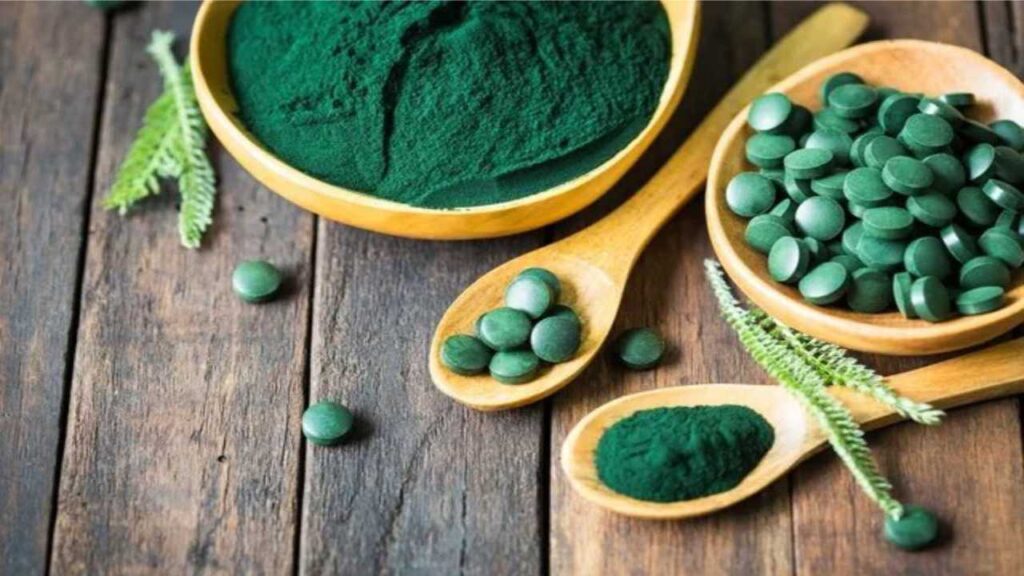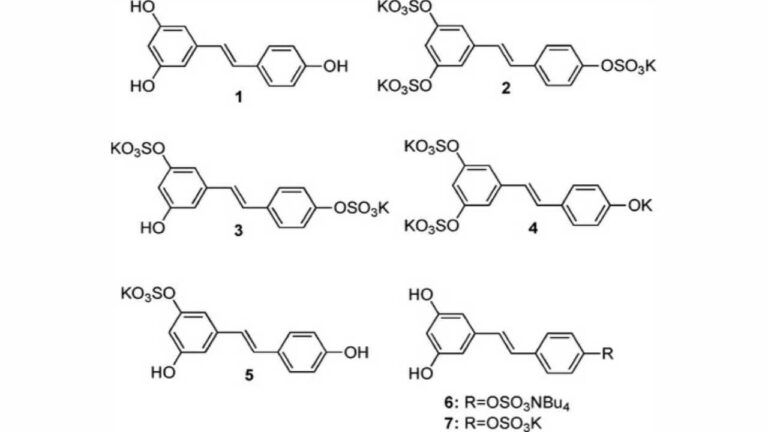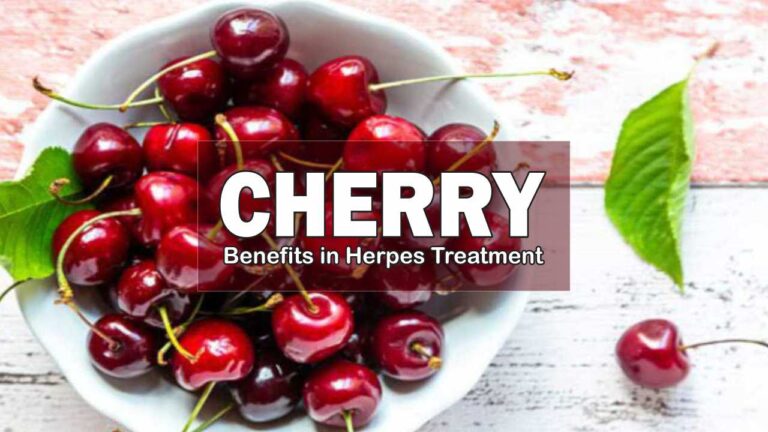Spirulina is excellent in the treatment of herpes. It is a microalgae that can be used as a dietary supplement, as it is an excellent source of proteins, minerals, B-complex vitamins, iron, and antioxidants such as phycocyanin and gallic acid.
In addition to its benefits in herpes treatment, spirulina also helps prevent heart diseases such as heart attack, atherosclerosis, and stroke. Moreover, the microalgae also aids in the treatment of diabetes, allergic rhinitis, and muscle mass gain.
Spirulina is a superfood available in dehydrated form in tablets, capsules, or as a natural supplement powder.

Research on Herpes Treatment with Spirulina
In a study published in the journal “Antiviral Research” in January 2016, the effects of calcium spirulan, derived from the microalga Spirulina platensis, on inhibiting the binding of herpes simplex virus 1 (HSV-1) to human skin cells called keratinocytes were explored. The aim was to investigate the potential of calcium spirulan as an alternative therapy for cold sores.
It showed that calcium spirulan is at least as effective as acyclovir in inhibiting HSV-1 infection. Calcium spirulan works by blocking viral binding and entry into host cells. Additionally, calcium spirulan was also effective in inhibiting the entry of human herpesvirus associated with Kaposi’s sarcoma.
In another study published in 2014 in the “Journal of Medicinal Food,” the effects of spirulina on herpes treatment were investigated. The aim was to evaluate the antiviral activity of spirulina against herpes simplex virus type 2 (HSV-2), which is associated with genital herpes.
The researchers conducted in vitro tests to determine the effects of spirulina on inhibiting HSV-2 replication. They treated HSV-2-infected cells with different concentrations of spirulina extract and assessed antiviral activity by measuring viral load and cell viability.
The study’s results demonstrated that spirulina exhibited significant antiviral activity against HSV-2. Treatment with spirulina extract resulted in a reduction in viral replication and a decrease in viral load in infected cells. Additionally, spirulina showed beneficial effects on cell viability, protecting them from virus-induced damage.
The Food and Drug Administration (FDA) has categorized Arthrospira products, including spirulina, as “generally recognized as safe” (GRAS) for human consumption. The Dietary Supplements Information Expert Committee (DSI-EC) concluded that there is no serious health risk associated with consuming spirulina.
These findings suggest that spirulina may have potential in the treatment of genital herpes due to its antiviral properties. However, it is important to note that further research is needed to confirm and better understand the effects of spirulina in herpes treatment.
Benefits of Spirulina in Herpes Treatment
Spirulina is rich in various nutrients that can provide benefits in the treatment of herpes. Here are some of the key nutrients in spirulina and their potential benefits in herpes treatment:
Proteins
Spirulina is an excellent source of high-quality proteins, containing all essential amino acids. Proteins are important for tissue repair and regeneration, which can aid in the healing of herpes lesions.
Vitamins
Spirulina is rich in several vitamins, including B vitamins (such as B12 and folic acid), vitamin E, and vitamin C. These vitamins have antioxidant properties and can help strengthen the immune system, reduce inflammation, and promote skin health.
Minerals
Spirulina contains a variety of minerals, such as iron, zinc, magnesium, and selenium. These minerals play important roles in supporting the immune system, cellular function, and overall health.
Antioxidants
Spirulina is rich in antioxidants, such as phycocyanin and gallic acid. These compounds help fight free radicals in the body, reducing oxidative stress and providing important immune support in herpes treatment.
How to Use Spirulina in Herpes Treatment
Including spirulina in a diet to treat herpes can be beneficial due to the nutrients and properties it offers. Here are some ways to incorporate spirulina into your diet:
Powdered supplement
Discover herpafend, it has ingredients as powerful against herpes as spirulina, visit the official website to find out more.
Capsules or tablets
If you prefer, you can choose to take spirulina capsules or tablets, following the recommended dosage instructions.
Adding to foods
Sprinkle some spirulina powder onto salads, cooked vegetables, grains, or soups to add flavor and extra nutrition.
Sumary
It is important to remember that spirulina is not a substitute for proper medical treatment of herpes. Always consult a healthcare professional before starting any diet or supplementation to ensure it is safe and appropriate for your individual needs.
Additionally, it is essential to follow a balanced and healthy diet to promote overall health and immune system function. Make sure to include a variety of nutritious foods such as fruits, vegetables, whole grains, lean proteins, and healthy fats, along with spirulina, to obtain all the necessary nutrients for herpes treatment and overall well-being.




